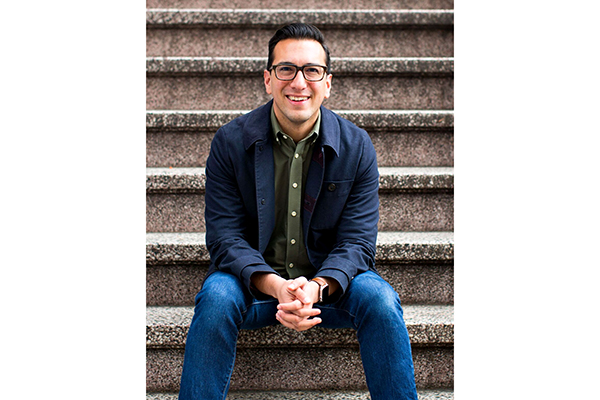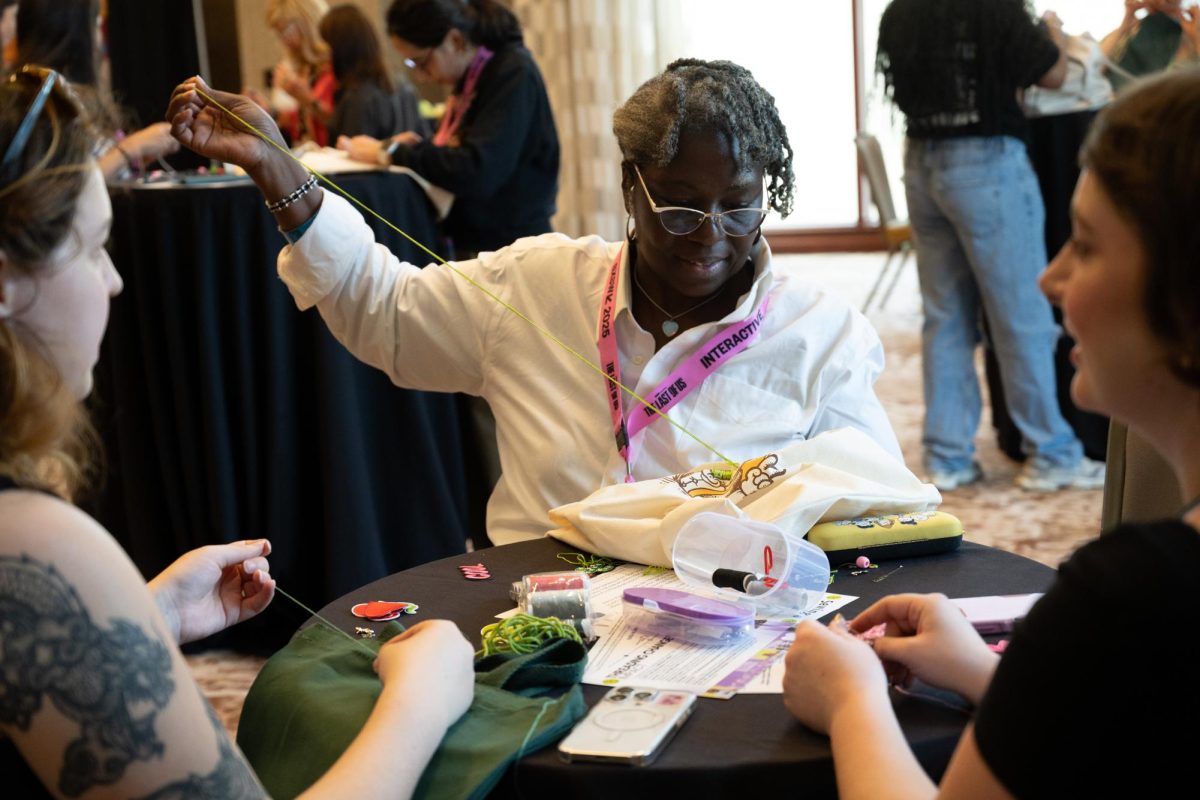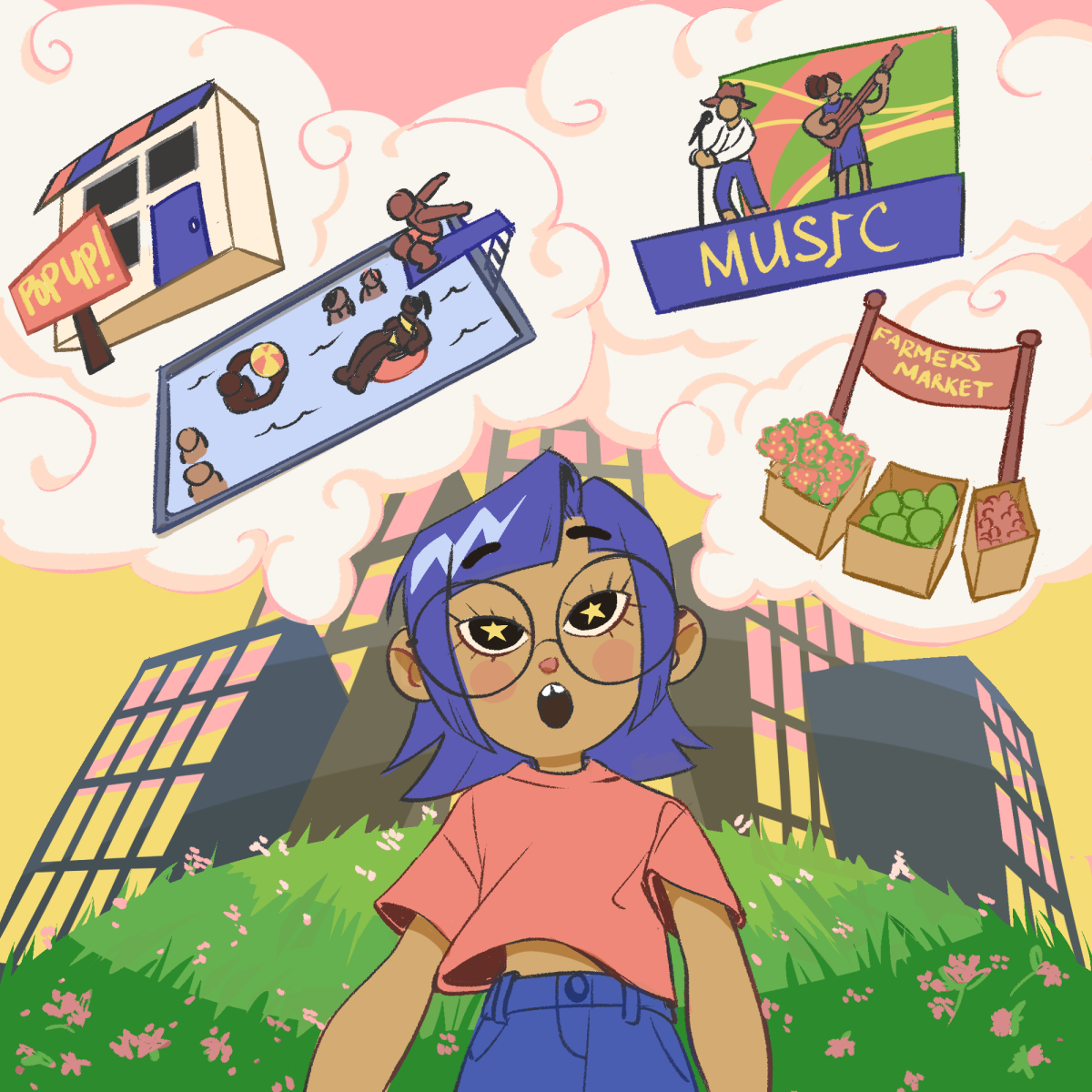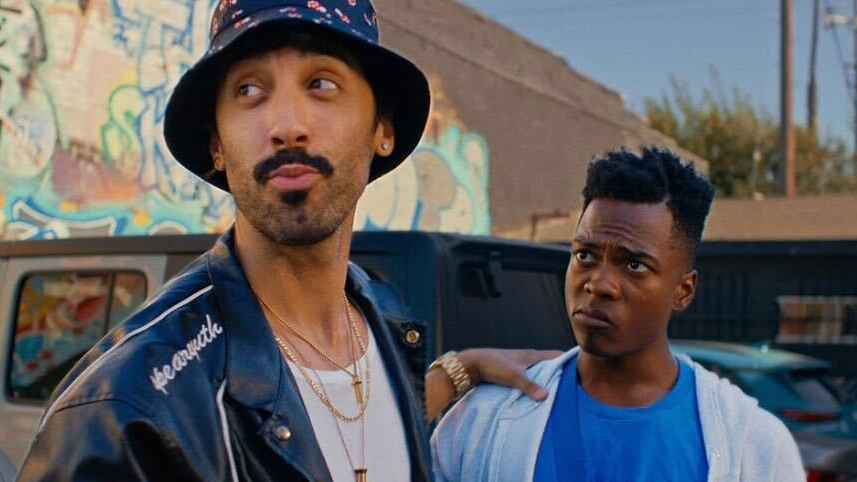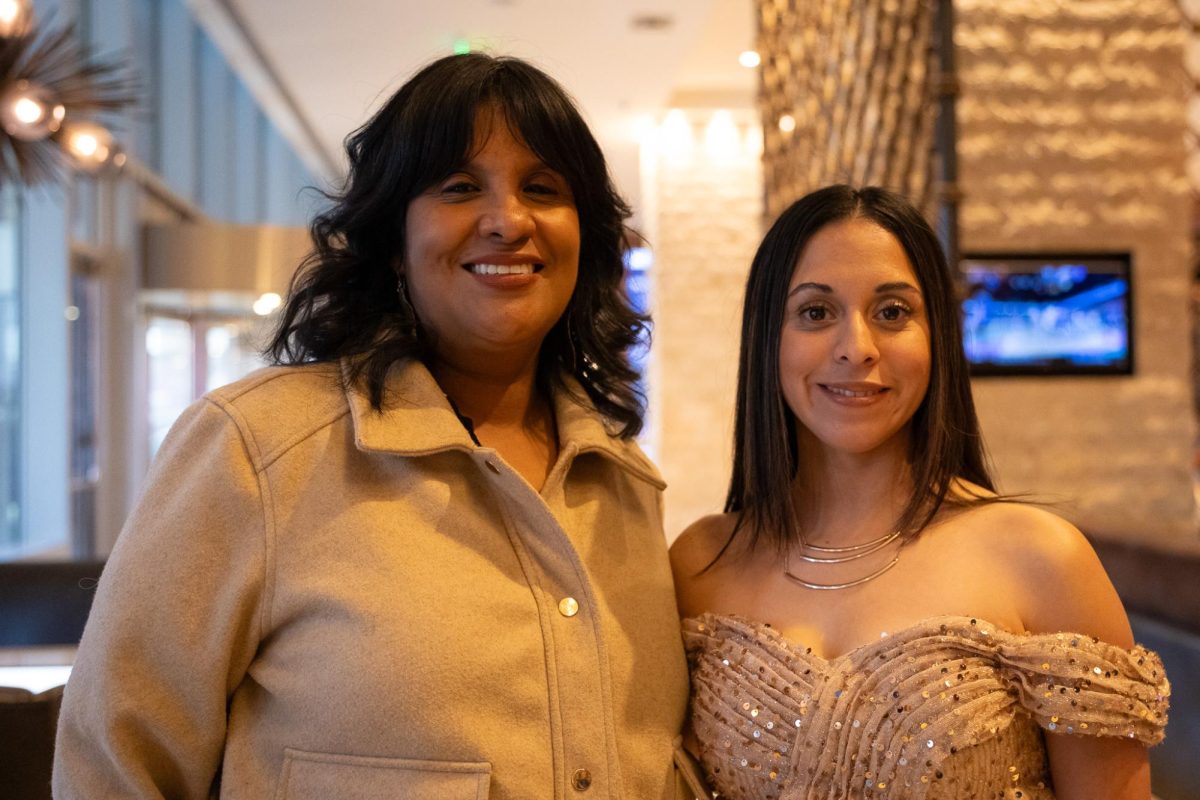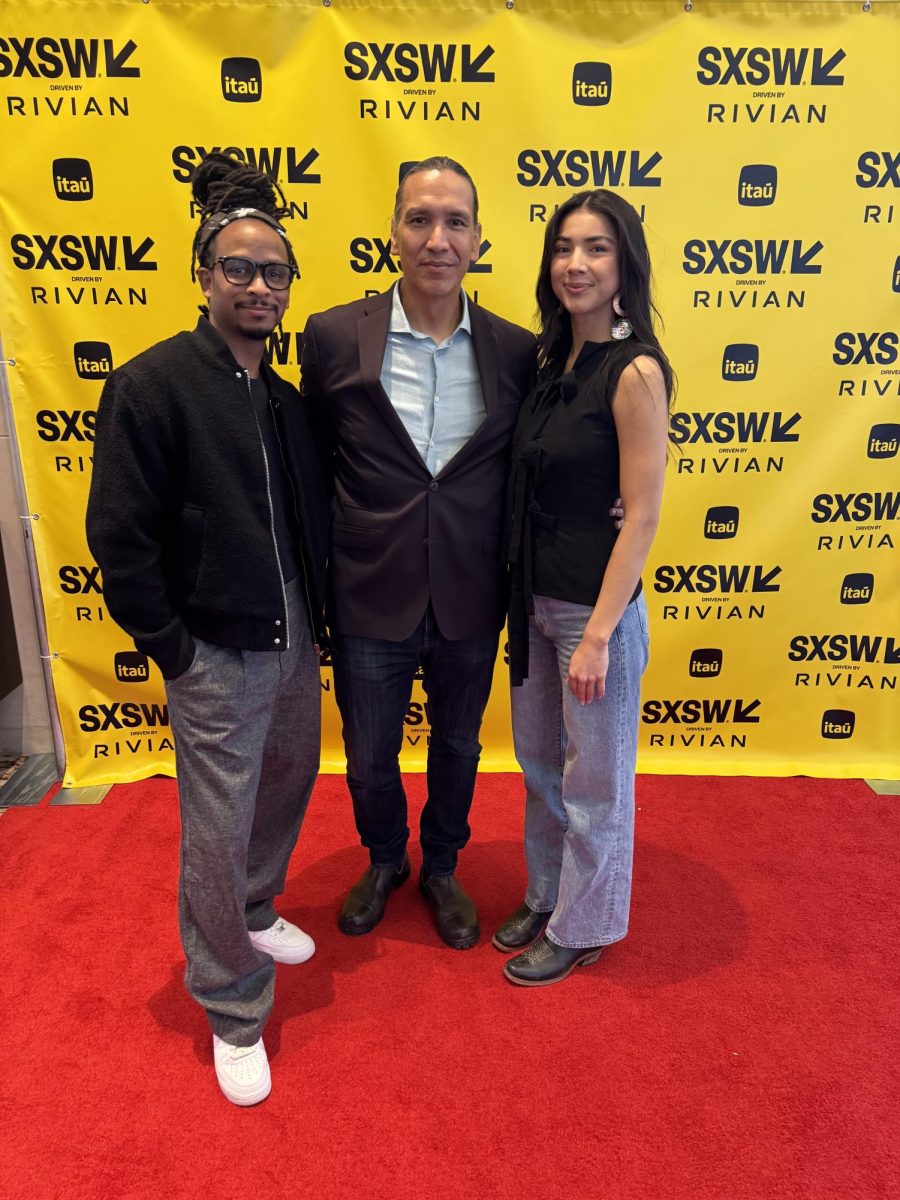People filled the ballroom of the Hilton Austin Downtown Hotel, waiting to hear about empathy’s short supply yet extreme importance.
Jamil Zaki, a psychology professor from Stanford University, spoke at SXSW on March 12 at the Hilton. Highlighting his upcoming book “The War for Kindness: Building Empathy in a Fractured World,” Zaki discussed empathy and how society can use it to mend gaps within cultures.
To better understand empathy, Zaki began by taking the crowd back in time and speaking about how though early humans on earth were intellectually underdeveloped, the thing setting them apart from animals was each other.
“As individuals, we were unassuming,” Zaki said. “(But) together, we were breathtaking.”
Zaki displayed a video of a man walking a tightrope and said viewers watching often squirm in their seats, imagining his experience as their own. He said the reason for this is because of our ability to empathize — sharing what others feel.
He listed ways empathy benefits the self, others and community, including a decrease in depression and loneliness, increase in marital satisfaction and a stronger generosity toward strangers.
“Empathy helps all sorts of people, including the people who actually feel it,” Zaki said.
Despite these benefits, Zaki said empathy is easier said than done. Looking at early humans, Zaki said empathy looked different then because individuals lived in small, familiar communities, making it easier to empathize with others. Today, society has shifted from living in rural communities to urban areas.
“Being surrounded by people isn’t the same as knowing them,” Zaki said. “Humanity is alone in a crowd. We see more people than we did before but know fewer of them.”
Because of this, he said empathy cannot develop. Thus, Zaki introduced a view of empathy he’s been studying — empathy isn’t a fixed trait. He said throughout his childhood, he experienced a continual recalibration of empathy when alternating from each parent’s house after their divorce.
“For me, empathy was a survival skill,” Zaki said. “It saved me but not because it became easy.”
Through this, Zaki concluded empathy isn’t only a trait but also a skill, and experiences shape it. He said encouraging empathy to be a norm can grow empathy.
In a study his research team conducted, they tried convincing 1,182 seventh graders from five middle schools in the San Francisco Bay Area that empathy was “cool.” They discovered the more they presented empathy as a norm, it impacted the children’s beliefs and kind behavior.
“Empathetic norms can make a difference in schools but they can make differences in other places too,” Zaki said.
Another way he suggested empathy growth was by focusing on an individual experience. His Stanford research team conducted another study using virtual reality to create an immersive experience of a homeless person. They found even after a month, individuals who went through the experience felt a greater empathy for homeless individuals.
“If we want to cross boundaries between us and them, a great way to start is with you and I,” Zaki said.
Thus, Zaki concluded saying through developing empathy, society can begin to take this renewable, precious resource and use it with purpose.
“If we can all do that, something special might occur,” Zaki said. “We might start to mend tears in the social fabric.”

